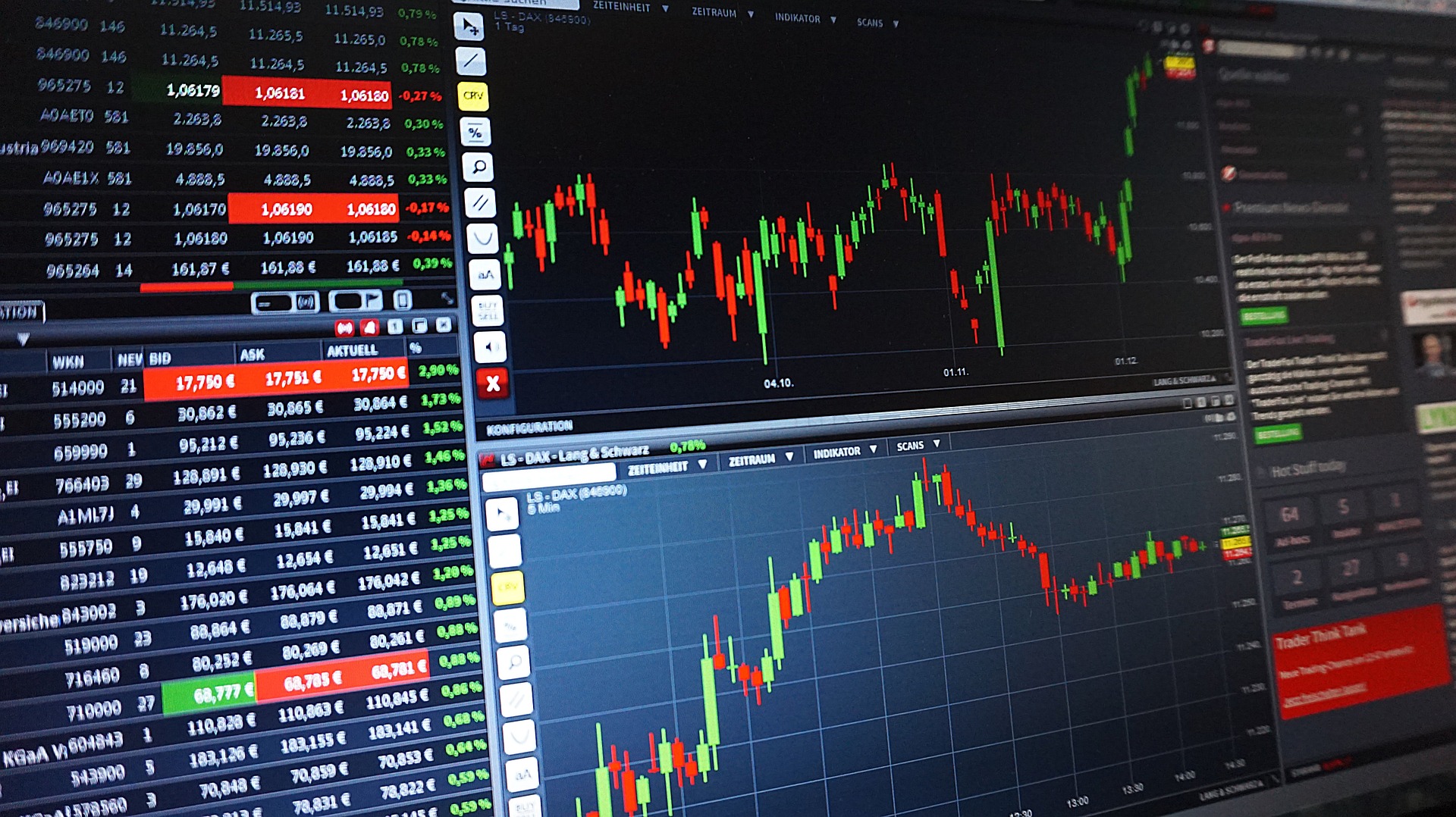How to Navigate Forex Trading Volatility and Protect Your Investments
Navigating forex trading volatility can be challenging but essential for protecting your investments and achieving long-term success. The forex market is inherently volatile due to its 24-hour nature, diverse economic factors, and geopolitical events. To manage this volatility effectively, traders must adopt a strategic approach combining risk management, technical analysis, and psychological discipline. First, employing robust risk management strategies is crucial. This includes setting stop-loss orders to limit potential losses and defining position sizes based on your risk tolerance and account balance. By adhering to these parameters, traders can mitigate the impact of sudden market swings and avoid catastrophic losses. Additionally, it is advisable to use advantage cautiously. High advantage can amplify gains but also increases the risk of significant losses. Therefore, balancing advantage with a clear understanding of its risks is vital for long-term success.

Incorporating technical analysis into your Reversedo trading platform strategy can help navigate volatility by providing insights into market trends and potential entry and exit points. Tools such as moving averages, Bollinger Bands, and Relative Strength Index RSI can help identify patterns and signals amidst market fluctuations. For instance, moving averages can smooth out price data, revealing underlying trends and potential reversal points. Similarly, Bollinger Bands can highlight overbought or oversold conditions, guiding traders on potential price adjustments. Economic calendars and news sources are also valuable for anticipating and responding to market-moving events. Key economic indicators like interest rate decisions, employment reports, and geopolitical developments can significantly influence currency prices. Staying informed about these events allows traders to position themselves accordingly and adjust their strategies in response to new information.
Psychological discipline plays a critical role in managing forex trading volatility. Emotional reactions such as fear and greed can lead to impulsive decisions and deviation from a well-defined trading plan. Maintaining a disciplined approach, including sticking to your strategy and avoiding overtrading, can help mitigate the effects of market volatility. It is also beneficial to keep a trading journal to reflect on past trades and identify areas for improvement. Diversification can further aid in managing risk. By trading multiple currency pairs and not concentrating your investments in a single market, you can spread your risk and reduce the impact of volatility in any one position. Additionally, incorporating a mix of short-term and long-term trades can balance your portfolio and potentially offset losses from volatile market conditions. Lastly, continuous education and adaptation are essential. The forex market is dynamic, and strategies that work well in one market condition may not be effective in another. Staying updated with market trends, learning from experiences, and being flexible in your approach can enhance your ability to navigate volatility successfully.